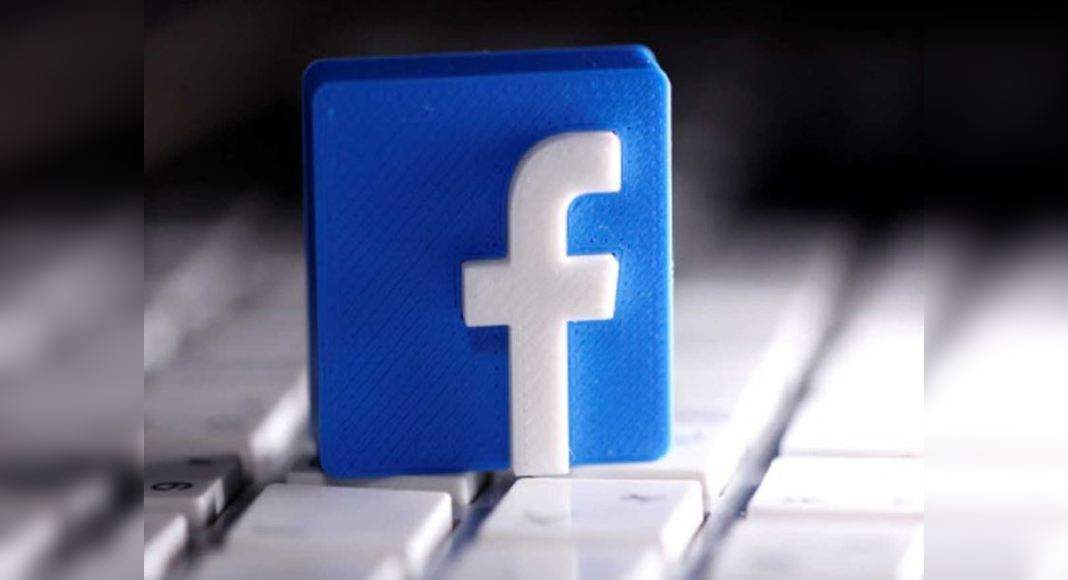NEW DELHI: Noting attempts by Australia, the UK and the US in reining in social media platforms, given complaints about their manipulative behaviour in a free speech-advocating democracy, the Supreme Court on Thursday said such platforms with a potential to influence public opinion must be held accountable for spread of disruptive messages and hate speeches.
While dealing with the controversy over the Delhi Assembly committee summoning Facebook Vice-President Ajit Mohan for spread of hate messages during Delhi riots, a bench of Justices S K Kaul, Dinesh Maheshwari and Hrishikesh Roy said, “Entities like Facebook have to remain accountable to those who entrust them with such power.” Writing the judgment, Justice Kaul said, “While Facebook has played a crucial role in enabling free speech by providing a voice to the voiceless and means to escape state censorship, we cannot lose sight of the fact that it has simultaneously become a platform for disruptive messages, voices, and ideologies.” Referring to the debate over the role of social media in democracies, the bench said the endeavour has been to tackle hate speech on one hand while not suppressing the right to freedom of speech and expression of citizens that could make those in power uncomfortable.
“The significance of this is all the more in a democracy which itself rests on certain core values.
This unprecedented degree of influence (wielded by social media platforms) necessitates safeguards and caution in consonance with democratic values.
Platforms and intermediaries must subserve the principal objective as a valuable tool for public good upholding democratic values,” the SC said, cautioning about the experience of western democracies where social media platforms were suspected to have been used for influencing core processes.
Referring to the vast reach of Facebook, the bench said it has 2.85 billion monthly active users worldwide, of which India accounts for 270 million.
The SC said it made Facebook a powerful entity as far as influencing the opinions of citizens is concerned.
“Such vast powers must necessarily come with responsibility,” it said.
“Election and voting processes, the very foundation of a democratic government, stand threatened by social media manipulation,” it said, adding, “It is difficult to accept the simplistic approach adopted by Facebook — that it is merely a platform posting third party information and has no role in generating, controlling or modulating that information.
The endeavour to hide behind such simplistic models have been found to be unacceptable by the UK Parliament.” The SC said social media platforms like Facebook cannot deny that they use algorithms (which are sequences of instructions) with some human intervention to personalise content and news to target users.
“The algorithms select the content based on several factors including social connections, location, and past online activity of the user.
These algorithms are often far from objective with biases capable of getting replicated and reinforced.
The role played by Facebook is, thus, more active and not as innocuous as is often presented when dealing with third party content,” the bench said, which could indirectly justify the recent government actions to make the social media platforms, including Twitter, fall in line with the new regulations..
Justice Kaul said, “The digital platforms can be imminently uncontrollable at times and carry their own challenges.
One form of digital platforms are the intermediaries that claim to be providing a platform for exchange of ideas without any contribution of their own.
It is their say that they are not responsible for all that transpires on their platform; though on complaints being made, they do remove offensive content based on their internal guidelines.
The power and potentiality of these intermediaries is vast, running across borders.
These are multinational corporations with large wealth and influence at their command.” Referring to Brexit and US presidential elections and the role of social media, the SC referred to a new word “Post-Truth” and said, “The obfuscation of facts, abandonment of evidentiary standards in reasoning, and outright lying in the public sphere left many aghast.
A lot of blame was sought to be placed at the door of social media, it being a source of this evolving contemporary phenomenon where objective truth is becoming a commodity with diminishing value.
George Orwell, in his 1943 essay titled ‘Looking Back on the Spanish War’ had expressed ‘…the very concept of objective truth is fading out of the world.
After all, the chances are that those lies, or at any rate similar lies will pass into history’ — the words have proved to be prophetic.” Justices Kaul, Maheshwari and Roy said Facebook has acknowledged before the SC that they had removed 22.5 million pieces of hate speech content in the second quarter of 2020, which showed that they exercise a substantial degree of control over the content that is allowed to be disseminated on its platform.
“To that extent, a parallel may be drawn with editorial responsibility cast on other mass circulation media,” the SC said.
“The business model of intermediaries like Facebook being one across countries, they cannot be permitted to take contradictory stands in different jurisdictions.
Thus, for example in the US, Facebook projected itself in the category of a publisher, giving them protection under the ambit of the First Amendment of its control over the material which are disseminated in their platform,” it said.
“This identity has allowed it to justify moderation and removal of content.
Conspicuously in India, however, it has chosen to identify itself purely as a social media platform, despite its similar functions and services in the two countries.
Thus, depending on the nature of controversy, Facebook having almost identical reach to the population of different countries seeks to modify its stand depending upon its suitability and convenience,” it said.







